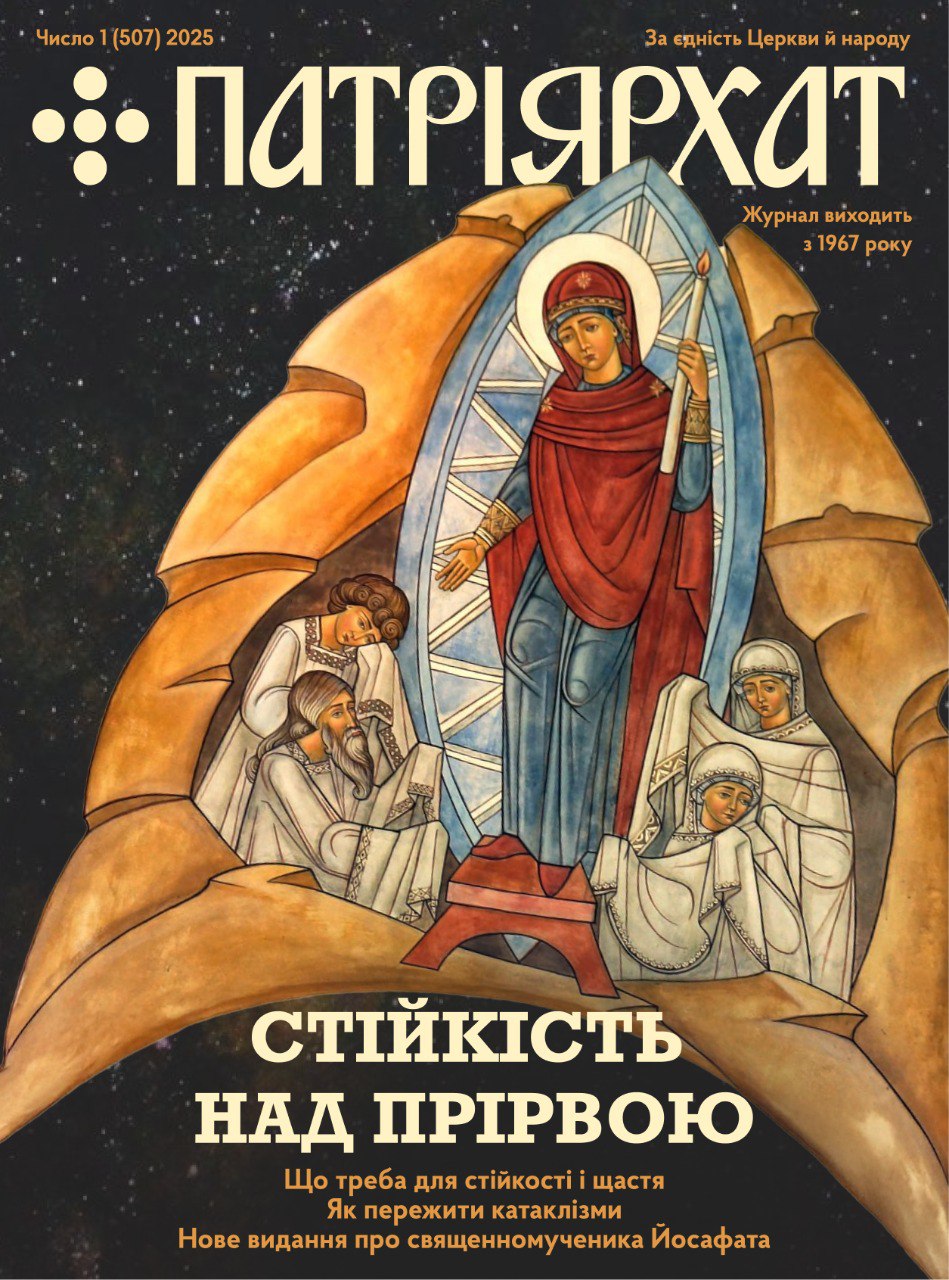«It is clear that the Vatican policy toward the Ukrainian Catholic Church is to divide whatever unanimity exists among the Ukrainian bishops scattered throughout the world and place them directly under the jurisdiction of the Apostolic Delegate of the country in which the individual bishops reside. In this way the Ukrainian Catholic Church would, in effect, be destroyed as an entity.
This is Father George A. Maloney’s reaction to the letter that each Ukrainian bishop received from the Apostolic Delegate in the country in which he resides and to bulletin number 281 relative to this matter issued on November 4, 1972 by the Vatican press bureau. Fr. Maloney expressed his views to a representative of the Society for a Patriarchal System in the Ukrainian Catholic Church on Thursday evening, November 9, 1972. Developing his statement this Jesuit priest, a member of the Pope John XXIII Center at Fordham University, explained that the result of the present Vatican policy toward the Ukrainian Catholic Church would be a series of parishes celebrating their ancient Liturgies but answerable directly to the Roman Curia through their respective bishops and dependent upon the Curia for all legislative and administrative directives.
Fr. Maloney asserted that despite the fact that the Holy See has refused to recognize the status of a patriarchate for the Ukrainian Catholic Church, despite the fact that the Pope, himself, on July 7, 1971, took a negative stand on this issue, canonically this Church under the leadership of His Beatitude Major-Archbishop Joseph Cardinal Slipyj is constituted as a patriarchate because: (1) On December 23, the Sacred Congregation for Eastern Churches reaffirmed that Metropolitan Joseph Slipyj is a Major-Archbishop; (2) On November 21, the rights of the Major-Archbishop as set forth in Cleri Sanctitati (1957) were reaffirmed in article 10 of the Decree on Eastern Catholic Churches. In the light of this Fr. Maloney stated: «Cardinal Villot’s statement that the Ukrainian Church is not constituted as a patriarchate is canonically incorrect.» He pointed out that one of the rights of a Patriarchal Church or a Major-Archiepiscopate is precisely to call a synod of its Church. It is clearly stated in Cleri Sanctitatl that all bishops living outside the territory of the patriarchate of major-archiepiscopate have the right to attend such synods. «Thus», said the Jesuit, «according to the best of the existing Eastern canon law as promulgated by Pope Pius XII in Cleri Sanctitatl and solemnly confirmed by Pope Paul VI and over 2000 bishops at Vatican Council II, Ukrainian Major-Аrchbishop Joseph Cardinal Slipyj has every right to call the 1st through the 5th Synod and all Ukrainian Catholic bishops scattered throughout the world had the right to attend these Synods.»
To the question as to whether such a legitimate synod has the right to draw up a constitution for its Particular Church, Fr. Maloney gave an affirmative answer. He explained that the reason for this right in two fold:
- If the major-archiepiscopate has the same rights as a patriarchate and every patriarch rules his Church together with his synod according to a constitution earlier drawn up, therefore, a major-archiepiscopate has the right to declare a constitution which was in force at the time of the union of the Particular Church with Rome – in this case the Union of Brest. It naturally follows that the major-archbishop and his bishops have the right to change and amend this constitution to conform to the modern circumstances in which this Church finds itself. Therefore, Major-Archbishop Joseph Slipyj and his bishops certainly have a right to meet in synod and adopt a constitution.
- Besides the above mentioned impelling reason, Vatican Council II in the Decree on Eastern Catholic Churches solemnly enjoins both Eastern Catholic patriarchs and major-archbishops to rule their Churches according to their ancient traditions. The attempt on the part of Major-Archbishop Joseph Slipyj and his bishops to draw up a constitution is merely carrying out this directive of Pope Paul VI and more than 2,000 bishops.
The last question put to Fr. Maloney was: «What is your reaction to Cardinal Villot’s repeated suggestion to the Ukrainian bishops to hold a conference of bishops rather than a synod? He answered:
«There is no place in the Ukrainian Church for a conference in stead of a synod. National conferences of bishops have been designed as a part of the Western Patriarchate as a quasi-local consultation to feed the necessary information into this patriarchate headed by the Pope of Rome to enable more efficient government of the Western subjects of this Church. These conferences totally lack any legislative force. According to all the early ancient traditions of ecclesiastical administration, patriarchates and major-archiepiscopates have never known such a thing as a national conference. The Synod has always been the legitimate form of ecclesiastical administration in Eastern Churches. For Cardinal Villot to propose a conference over the traditional synodal form of administration for these Churches is to introduce once again a Latinism. This is one sad example which has been repeated over and over again among all Eastern Churches that have come from».
Orthodoxy into union with Rome. Little by little the Roman Curia has forced Latin forms of Church administration upon the Eastern Catholic Churches with the alarming result that the Roman Latin Church became the model and the supreme authority for the Eastern Churches. It is exactly this process Vatican Council II decried when in article б of the Decree on Eastern Catholic Churches Mon account of contingencies of times or persons unbecomingly have abandoned them (their legitimate liturgical rites and their discipline) they shall endeavor to return to the ancestral traditions. Fr. Maloney concluded:
If the Holy Spirit follows Cardinal Villous thinking, not only the Ukrainian Church but all the other Eastern Catholic Churches will soon be reduced to dusty museum pieces to the lasting scandal of our Orthodox, Anglican, and Protestant brethren.»

